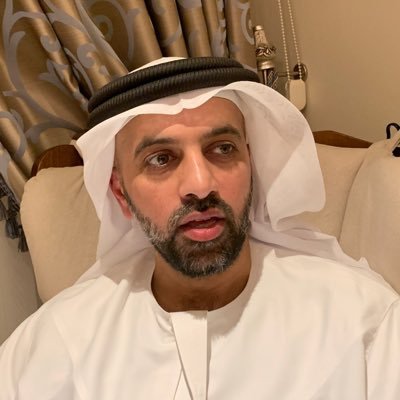Watan – The potential extradition of Abdel Rahman Youssef Al-Qaradawi to the UAE has stirred significant concerns, especially with Lebanese Public Prosecutor Ghassan Oueidat recommending the move. Emirati dissident Hamad Al-Shamsi shed light on the grim scenarios that Al-Qaradawi might face if handed over to Emirati authorities.
بما أن قضية #عبدالرحمن_يوسف_القرضاوي وصلت إلى مجلس الوزراء اللبناني، بعد توصية النائب العام اللبناني بتسليمه إلى الإمارات، أود تسليط الضوء على ما قد يواجهه عبدالرحمن في الإمارات في حال تسليمه (لا سمح الله): pic.twitter.com/7e85wLL5XF
— حمد الشامسي (@Alshamsi789) January 4, 2025
1. Forced Detention
According to Al-Shamsi, under Article 28 of the UAE State Security Law, Abdel Rahman could be subjected to enforced disappearance for up to 90 days, extendable, in secret state security prisons. This process often begins in the “Black Prison” located at the State Security headquarters in Abu Dhabi. Depending on the investigation, detainees may later be transferred to the “White Prison” in Al-Sweihan.

2. Torture and Harsh Treatment
Detainees in UAE’s secret state security facilities often endure severe torture, as documented by various human rights reports. Al-Shamsi highlighted a testimony from a former Libyan detainee who endured such conditions. Additionally, detainees are denied access to lawyers and allowed limited, monitored communication with their families.
3. State Security Prosecution and Trials
Following secret detention, detainees are presented before the State Security Prosecution. They are held at the “Red Prison” near the prosecution office before being referred to the Abu Dhabi Federal Appeal Court. Charges typically stem from the UAE’s Counter-Terrorism Law, Cybercrime Law, or recent amendments to the Penal Code.
4. Imprisonment and Judicial Process
During trial proceedings, detainees are usually held in the security wing of Al-Wathba Prison. Occasionally, UAE citizens are transferred to Al-Razeen Prison. If convicted, detainees can appeal once before the UAE Federal Supreme Court. However, many opinion detainees face prolonged sentences under harsh conditions.
A Grim Prognosis
According to Al-Shamsi, this is a typical fate for opinion detainees in the UAE, as evidenced by numerous documented cases. In Abdel Rahman’s case, Al-Shamsi speculates that the UAE might expedite his extradition to Egypt, potentially avoiding direct accountability.
Global Implications
This potential extradition has sparked debate about human rights standards and the treatment of opinion detainees in the UAE. International observers and human rights advocates are closely monitoring the situation, urging transparency and fairness in handling Abdel Rahman’s case.
Conclusion
The warnings from Hamad Al-Shamsi underscore the severity of the risks faced by opinion detainees in the UAE. Abdel Rahman Youssef Al-Qaradawi’s potential extradition raises critical questions about international human rights and the responsibilities of governments in safeguarding individual freedoms.
